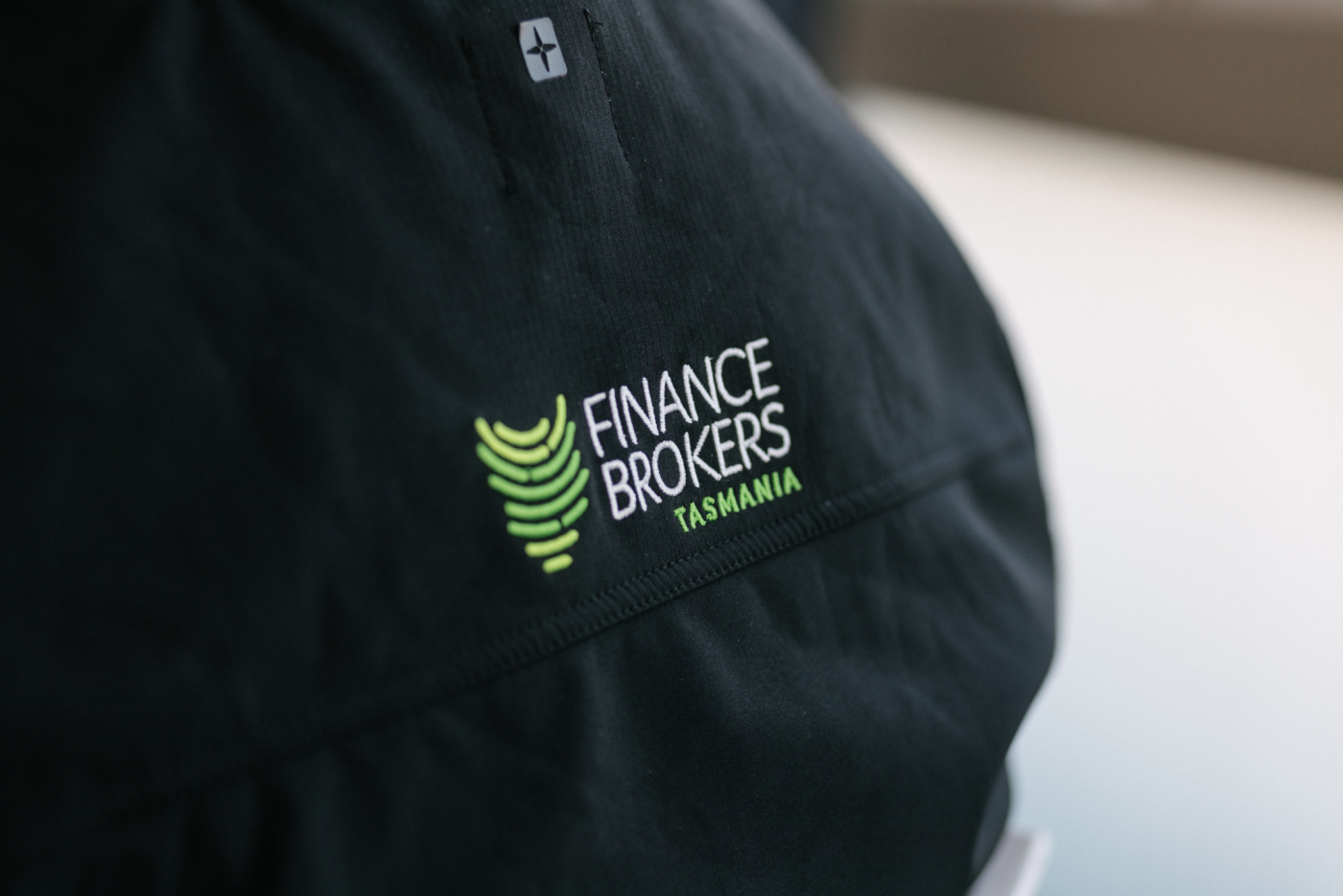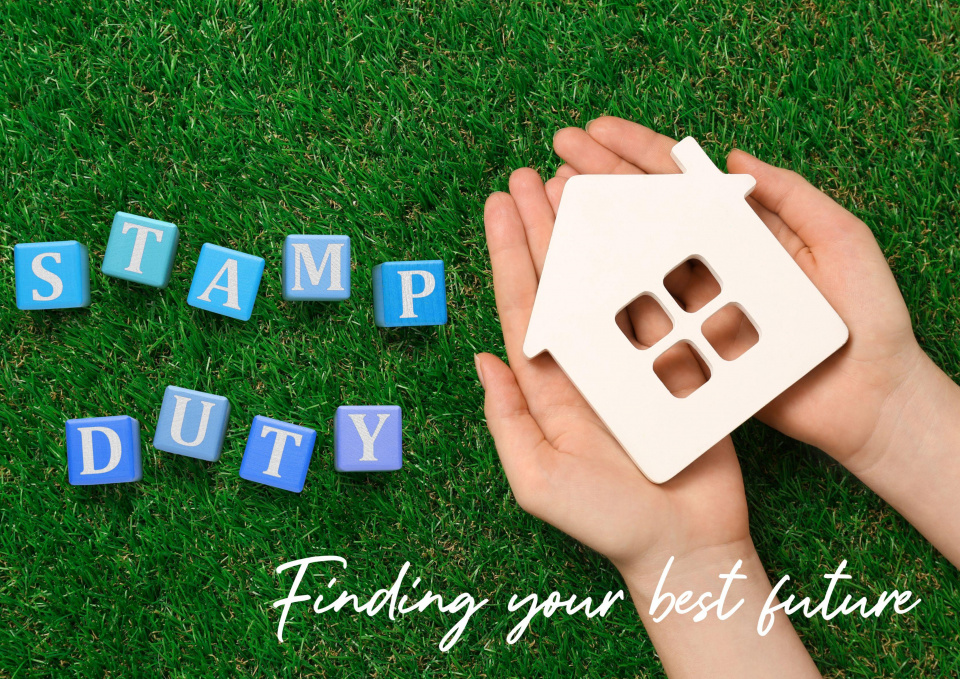Stamp duty defined
Stamp duty is a state government tax that applies to certain transactions. You’ll pay stamp duty when buying a new car, or when taking out an insurance policy. But the one you’ll be most familiar – and the one we’ll address in this blog – is stamp duty costs payable when buying a property.
Stamp duty in Australia
There is no national standardised fee when it comes to stamp duty – all state and territory governments impose their own rules. So, how much stamp duty payable will depend on:
• The state you live in
• The type of property you are buying – if it’s your primary residence, or an investment property
• Whether or not you’re a first home buyer
• Whether you’re purchasing an established home, new home, or vacant land
• Whether you’re classified as a foreign purchase
Stamp duty in Tasmania
In Tasmania, stamp duty is officially called “property transfer duty” (but we’ll keep referring to it as stamp duty to make it easier). When buying a property, you’ll have to pay it – and generally, the more expensive your property, the higher your stamp duty.
Stamp duty is one of the biggest upfront costs you will need to pay when purchasing your home. As an upfront cost, it’s not actually covered by your home loan. Therefore, paying stamp duty may have a significant impact on your house deposit. You may find that you no longer have a 20% deposit (because you hadn’t factored in stamp duty), and you’ll likely have to take out lenders mortgage insurance (LMI) to cover the cost of your loan.
Stamp duty costs must be paid within three months of the property transfer (which generally takes place on settlement day); otherwise, you may incur a penalty tax and interest. Your conveyancer or solicitor will usually organise to pay stamp duty on your behalf.
Calculating Stamp Duty
You can calculate the amount of stamp duty you will pay by using the current stamp duty rates below:
| Value of the property: | Duty payable: |
| Not more than $3,000 | $50 |
| More than $3,000 but not more than $25,000 | $50 plus $1.75 for every $100, or part, by which the dutiable value exceeds $3,000 |
| More than $25,000 but not more than $75,000 | $435 plus $2.25 for every $100, or part, by which the dutiable value exceeds $25,000 |
| More than $75,000 but not more than $200,000 | $1,560 plus $3.50 for every $100, or part, by which the dutiable value exceeds $75,000 |
| More than $200,000 but not more than $375,000 | $5,935 plus $4.00 for every $100, or part, by which the dutiable value exceeds $200,000 |
| More than $375,000 but not more than $725,000 | $12,935 plus $4.25 for every $100, or part, by which the dutiable value exceeds $375,000 |
| More than $725,000 | $27,810 plus $4.50 for every $100, or part, by which the dutiable value exceeds $725,000 |
Source: State Revenue Office of Tasmania
Rates correct as of 22 February 2022
Stamp duty calculator
If you can’t get your head around what you’ll pay (and let’s face it, there’s a lot to have to figure out!) – head over to our handy stamp duty calculator.
Stamp duty concessions
There are a few government schemes available to help mitigate the cost of stamp duty. Below is a broad overview of concessions and exemptions in Tasmania. Read more information at the State Revenue Office website
Please note that with all of the following, eligibility criteria applies.
First home buyers
Currently, there are stamp duty discounts available for first time buyers. You may be exempt from paying stamp duty if you and all other parties involved in the purchase have not previously owned property in Australia. This concession is available from 18/2/2024 for Tasmanian first home buyers purchasing established homes valued at $750,000 or lower.
Pensioners downsizing
Are you a pensioner and wanting to sell your home to purchase another smaller established house? You may be eligible to receive a 50% discount on stamp duty – but only if the property value is $600,000 or less.
Deceased estates
You may receive a concession if you receive property as a beneficiary of a will or inheritance.
Property transfer between partners
You may be exempt from paying stamp duty where the property is transferred between partners in a marriage, or those in a significant or caring relationship.
A stamp duty exemption may also apply if you are transferring property due to a relationship breakdown.
Stamp duty explained further
When entering the property market for the first time, there is more to consider than finding your dream home. If you are still unsure if you qualify for a stamp duty exemption or have more questions you need answered, call us for a chat today!






